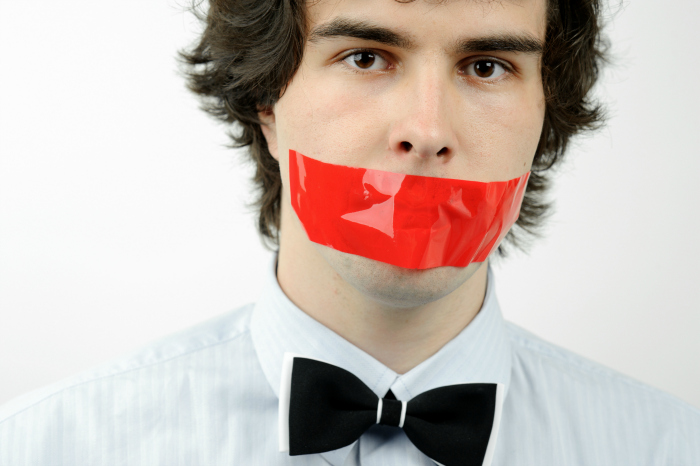Kerby Anderson
Many universities have been using various regulations and excuses to restrict free speech on campus. What may surprise many Americans is the fact that so many millennials believe restricting free speech on campus is necessary.
Nearly half of the millennials polled in a recent University of Chicago survey say that colleges should limit freedom of speech “in extreme cases.” This would include limiting what they perceive as offensive language or even costumes that stereotype certain racial and ethnic groups.
Actually, the desire to restrict free speech goes beyond merely using university rules to prevent speakers on campus. Another study done by a professor at the University of California at Los Angeles found that one-fifth of undergraduates say it is acceptable to use physical force to silence a speaker who makes “offensive and hurtful statements.” When students were asked, whether the First Amendment protects “hate speech,” 4 in 10 said no. That is not correct.
Why do so many college students believe that physical force can be used to stop free speech? One reason is their belief that speech is violence. If that is the case, then violence can be used to stop speech they believe is violent.
Jonathan Haidt, in his book The Fragile Generation, laments what he calls “concept creep.” He argues that when a word like “violence” is allowed to creep so that it includes a lot of things that are not violence, this causes what he calls “a cascade of bad effects.” One of those is the belief that people can use violence against certain types of free speech.
Constitutional illiteracy about First Amendment freedoms coupled with a redefinition of words like violence has given us a world where many college students willingly accept various attempts to restrict free speech.
 Listen Online
Listen Online Watch Online
Watch Online Find a Station in Your Area
Find a Station in Your Area








 Listen Now
Listen Now Watch Online
Watch Online
